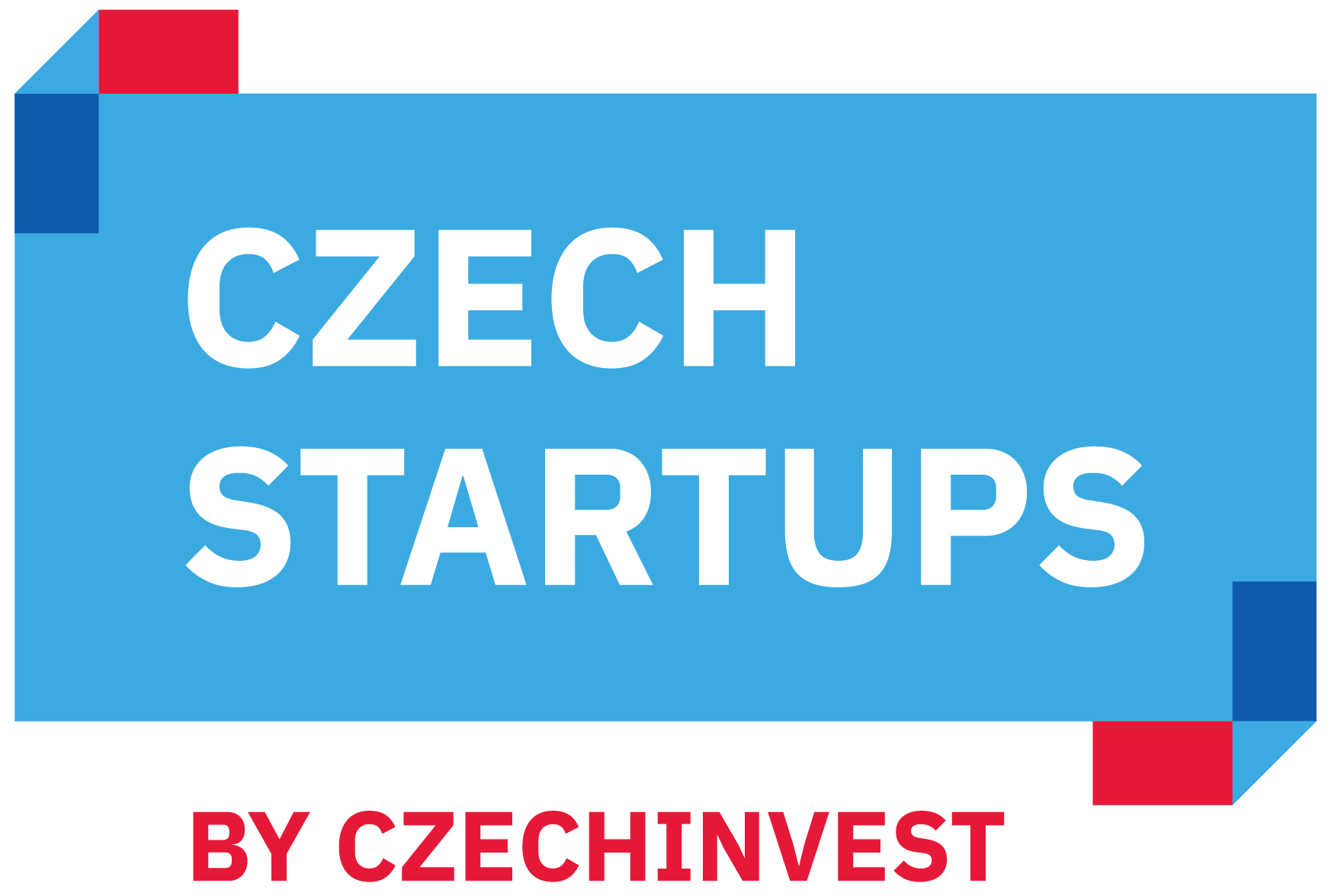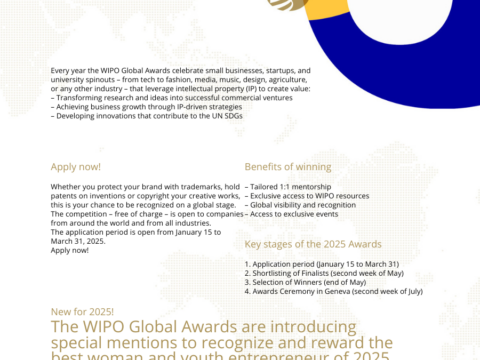Learn about private and public funding. Join the onde-day course in Brno or Prague in September, fill out the application form and save your spot!
Sometimes having a revolutionary idea, a great team and a well-defined business plan is not enough. We don’t like to talk about it, and probably even think about it, but we need to realistically consider how to financially get our business started.
In order to relieve some of the most widespread headaches startups run into at some point in their lives, MY-GATEWAY put together a set of courses that should do the job. There are multiple opportunities that just wait to be unveiled and not all of them are easy to be grasped. Whether it’s EU funds or the many different types of private funds available, it feels reassuring to have someone who can guide you through the process and tell you the dos and don’ts.
MY-GATEWAY will help you understand where to find key information and how to interpret it, how to read the investor’s mind and how to hone your pitching skills. Together with partners in Czech Republic (Czech Invest), Slovenia (Startup Slovenia) and Romania (Spherik Accelerator) they’re organising a set of six training courses which will host about twenty startup team members each.
Right now the application process is open for the training course in Brno and Prague.
- Brno Tech Nest – 17 September 2019
-
Prague Startup Centre – 19 September 2019
On a later stage there will be shared the Romanian and Slovenian dates.
How can you apply?
All you have to do is fill out this application form. This will help get to know you better and prepare tailored responses for your questions.
In the form you’ll have to choose which Czech training you’d like to attned: the one in Brno or the one in Prague. They will have exactly the same format.
When is the deadline?
Make sure you apply by 15th September the latest.
What will you be learning?
The training course will instruct you on the following:
-
Czech funding opportunities;
-
H2020, Horizon Europe funding opportunities and detecting which one is right for you.
-
Fundraising and its alternatives from the point of view of the startups and investors. Questioning yourself whether you should raise funds or not.
-
Overview of the different kinds of capital: Friends, Family and Fools, Accelerator/Incubators, Business angels, Seed funds, Governmental funds and Venture Capital.
-
Preparing for the questions investors ask startups neatly grouped into the following topics: Founders/Team, Product/Technology, Market/Competition, Business Model, Metrics/Unit Economics, and «Clean company » (i.e. legal, due diligence).
-
Understanding the human side of investors: how they make money, what’s their typical day like, what their thinking patterns are and how to talk to them.
-
Honing your pitching skills with hands-on exercises.
- You’ll learn about other Startup Europe opportunities that projects such as Untold Stories Budapest, Startup Europe Networks, MY-GATEWAY, Soft Landing, Startup Lighthouse, Startup Europe Partnership 2.0, Access2Europe, Nordic AIP and Scale-EUP2 can offer you.
About the trainers
Meet Jan and Attila, our experts in private and public funding.
Jan Bormans, combines a Ph.D. in engineering with an MBA in international management. He has over 25 years of experience combining innovation, entrepreneurship and creativity to create economic and societal value. Jan has participated in European projects since 1996 and has been active as an early player in setting up the Belgian startup ecosystem. He has been actively engaged in building both Startups.be and European Startup Network brands and communities over the past years.
Attila Uderszky is an environmental engineer with more than 17 years of experience in managing and coordinating projects in FP5, FP6, FP7, H2020, LIFE, INTERREG, Intelligent Energy Europe and CIP programmes. His major focus in projects is oriented from technical research, prototype development, laboratory and field validation of project results and also innovation management activities with special attention to business viability, financial feasibility, cost-benefit analysis and IPR issues.
He is a registered business coach of the Executive Agency for Small- and Medium sized Enterprises of the European Commission, providing project mentoring support to beneficiaries of the H2020 SME Instrument Programme.







